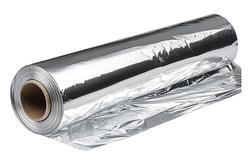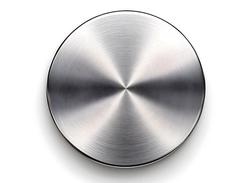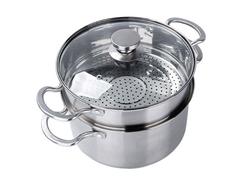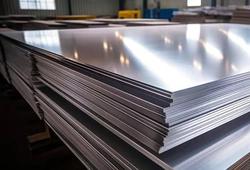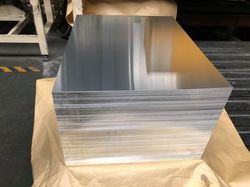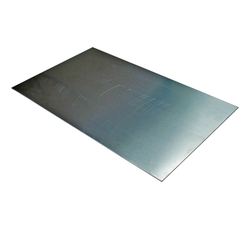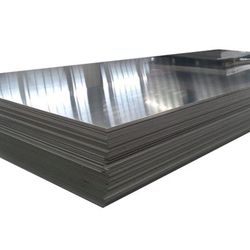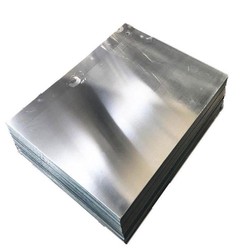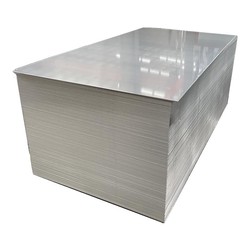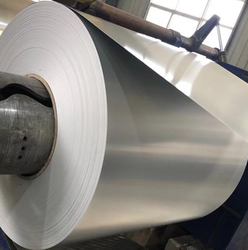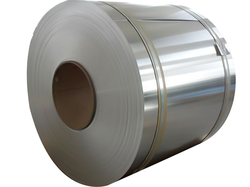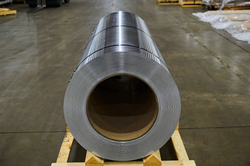Understanding Aluminum Circles
- 515
Understanding Aluminum Circles: Applications, Advantages, and Manufacturing
Aluminum circles, also known as aluminum discs or aluminum blanks, are circular sheets made from aluminum alloy. They serve as a crucial raw material in various industrial sectors due to their versatility, lightweight properties, and resistance to corrosion. These circles are produced in a wide range of diameters and thicknesses, tailored to meet specific requirements across different industries.
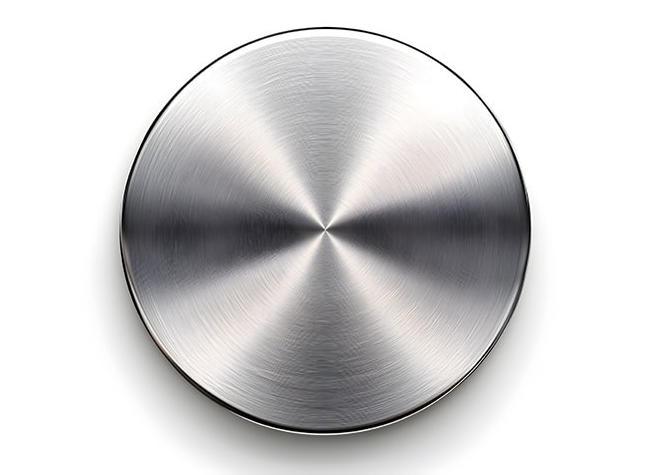
sseco Manufacturing Process
The production of aluminum circles typically begins with aluminum coils, which are either cold-rolled or hot-rolled depending on the application. The process includes:
-
Blanking: Cutting the aluminum coil into round shapes using a punch press or laser cutter.
-
Annealing(if required): Softening the material to enhance formability.
-
Surface Treatment: Optional treatments like degreasing, polishing, or coating for added protection or aesthetic appeal.
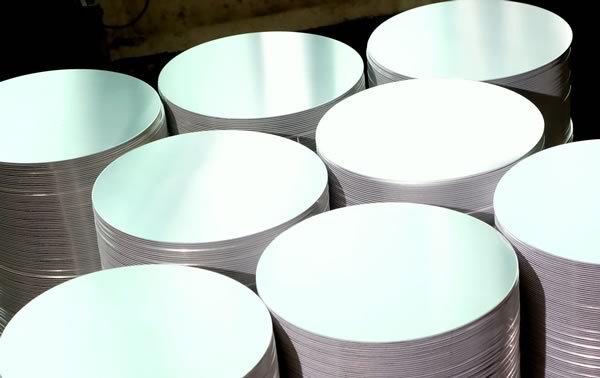
Common Alloys Used
-
1050, 1060, 1100: Pure aluminum grades known for high ductility and corrosion resistance.
-
3003: Aluminum-manganese alloy offering better strength while maintaining good workability.
-
5052: Aluminum-magnesium alloy suitable for more demanding applications due to its higher strength and corrosion resistance.
Key Applications
Aluminum circles are widely used in the production of:
-
Cookware: Pots, pans, and pressure cookers due to excellent thermal conductivity and formability.
-
Lighting: Reflectors and lamp holders because of high reflectivity.
-
Signage: Road signs and advertisement boards, especially in transportation sectors.
-
Electronics: Housings and heat sinks.
-
Automotive and Aerospace: Components requiring lightweight materials.
Advantages of Aluminum Circles
-
Lightweight: Ideal for applications where weight reduction is critical.
-
High Corrosion Resistance: Suitable for both indoor and outdoor use.
-
Excellent Conductivity: Both thermal and electrical.
-
Recyclable: Environmentally friendly with a high scrap value.
-
Formable and Ductile: Easily shaped without cracking.
Conclusion
Aluminum circles are a foundational material in many manufacturing processes due to their favorable physical properties and adaptability. Whether in household items or industrial components, their importance continues to grow alongside advancements in aluminum processing and alloy development.
